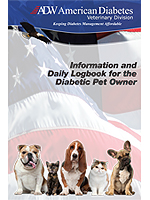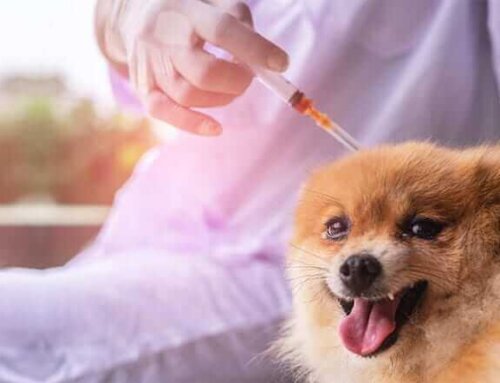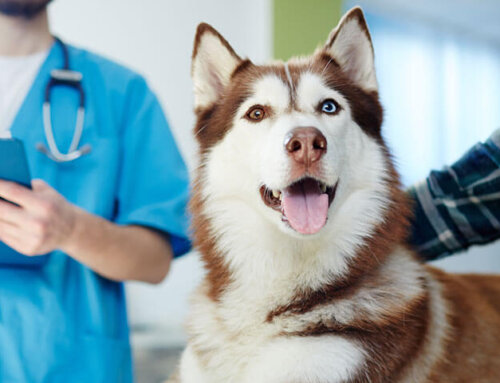I tend to form tight relationships, oftentimes close friendships, with my veterinary clients. Particularly when I ran a house-call practice I might spend as much time gabbing about life after the appointment as I would spend examining Fluffy! Many of my clients send me text messages or emails. It’s a lovely thing being their family veterinarian. Nonetheless, now and again even vets like to go on vacation or are unavailable.
While I’ve tried my best to make myself available for all of my clients, sometimes I just can’t be the one to take an x-ray or sew up a boo boo on my favorite patients. When my clients hear that I’m swamped I think some panic just a little, perhaps because I am usually so accessible to them. So, this week I’d like to offer some suggestions for those rare occasions when you can’t be seen by your chosen veterinarian. Diabetic pet owners often have such a tight relationship with their vets that they hate to even think about explaining the road to diabetic regulation to another doctor.
Keep your own medical file. Keep a copy of any lab work that your veterinarian runs. Most vets are happy to provide you a copy. I routinely email a copy of lab work to my own clients to print and keep in the pet’s file. Keep a list of what medications your pet is taking. In case a new doctor prescribes your pet a medicine, we don’t want drug interactions with current medications. One of my routine questions when I meet a new client is, “What medications does your pet take?” I can’t tell you how often clients don’t know the answer. The most common answer is “My wife/husband takes care of that.”
Ask your vet where else you should go! Practicing medicine is an art. Some vets are laid back in their approach. Some of us are more along the “Type A” category. You are likely loyal to your veterinarian because he or she jives with your style. If your vet is unavailable, ask the clinic receptionist just where you should go as an alternative. Your vet also likely knows who in town practices the best of medicine, the level of medicine you prefer. If your vet is in surgery all day and has no time for appointments that day, the receptionist can ask him or her where you should go.

Know your local emergency clinics. As a former ER vet, I’ve seen folks show up in the middle of the night in their pajamas, frantic because they got lost and had never been there. If you have a medically fragile pet, do a web search for the local ER clinics or ask your family vet which veterinary ER he or she prefers. If you have a navigation system in your car, load the address into it. If not, print out the directions from your home and keep it in your car. Also, keep a copy of the directions and map in your pet folder. This way, if your vet is unavailable because it is the middle of the night, you readily have directions and can hit the road.
your vet if no appointments are available that day. You never know. If you do get stuck seeing a new vet, sometimes a second opinion or a new perspective might help! As a veterinarian I’ve long preferred working alongside another doctor than my days as the only doctor on duty. It’s always good to toss ideas around between colleagues. We write detailed medical records so that if we aren’t around the next doctor knows why we did what. Get your clinic to fax records to the vet that is able to see you that day. And know that if you do have to see a different vet, hope that he or she might have a different idea or two, a new perspective.
If your vet can’t see you that day, perhaps your vet would be willing to talk on the phone. Even if your vet is swamped with appointments that day, there is a chance you can squeeze out 5 minutes in a phone conversation. Last week a client called me. Her cat needed anesthesia for a procedure and I was unavailable. The receptionist where I suggested she call mentioned that they didn’t see appointments between noon and 2 for lunch. My client mentioned the cushy hours of a vet’s life. I told her that rarely do we actually get a long lunch break. Lunch time is for catching up on phone messages, doing procedures that may have come in during the morning, and if we are lucky, having lunch too.
As always, I enjoy interaction with our readers. If you have any questions, feel free to contact me at [email protected].
NOTE: Consult your doctor first to make sure my recommendations fit your special health needs.













Leave A Comment